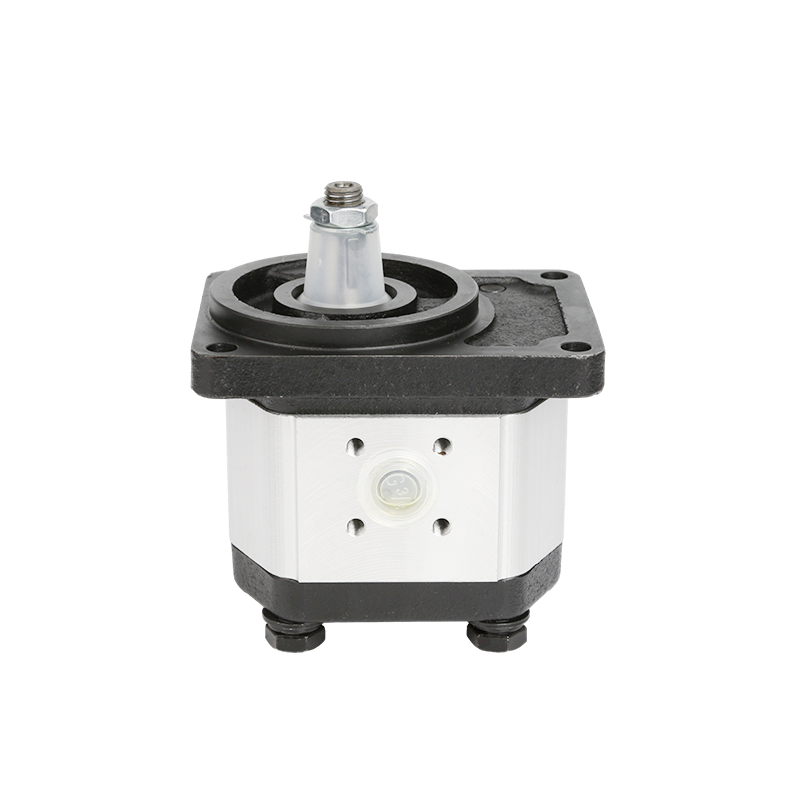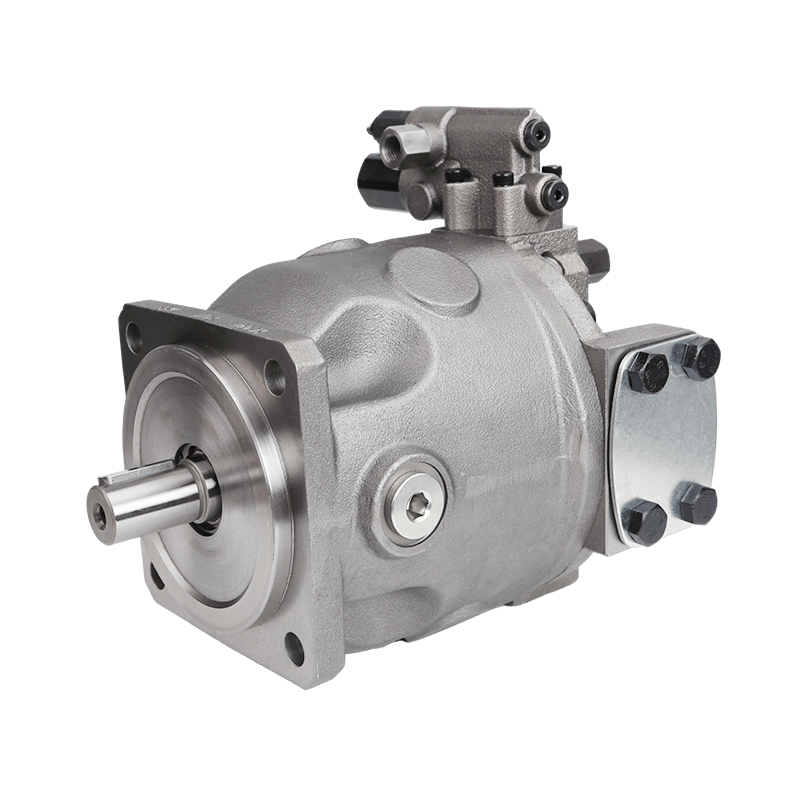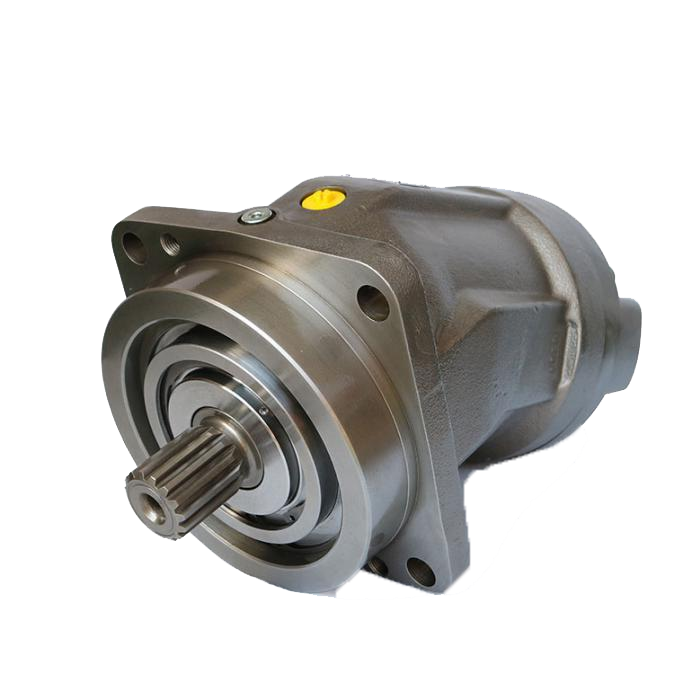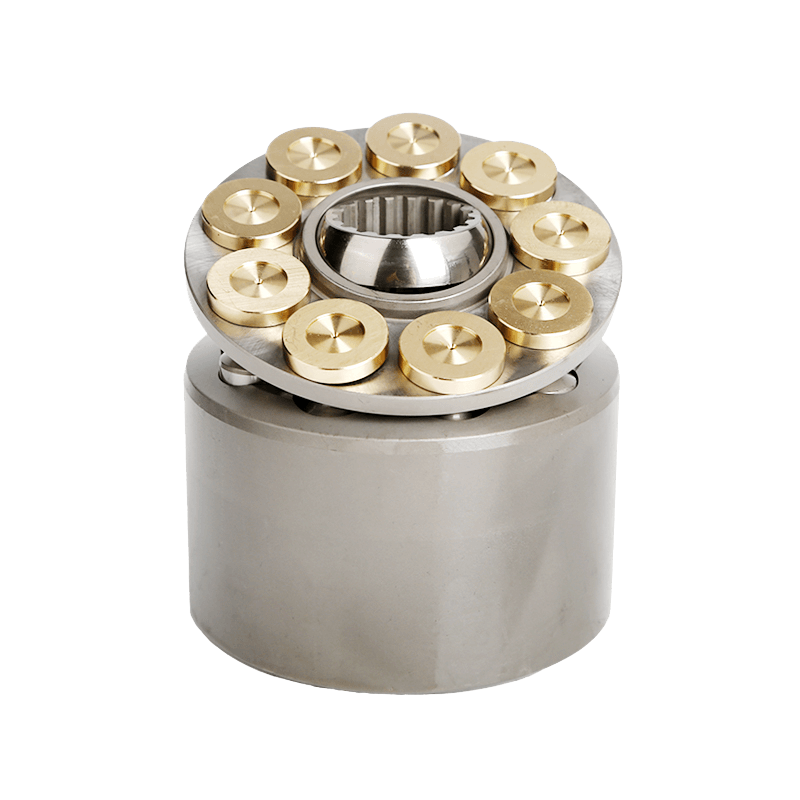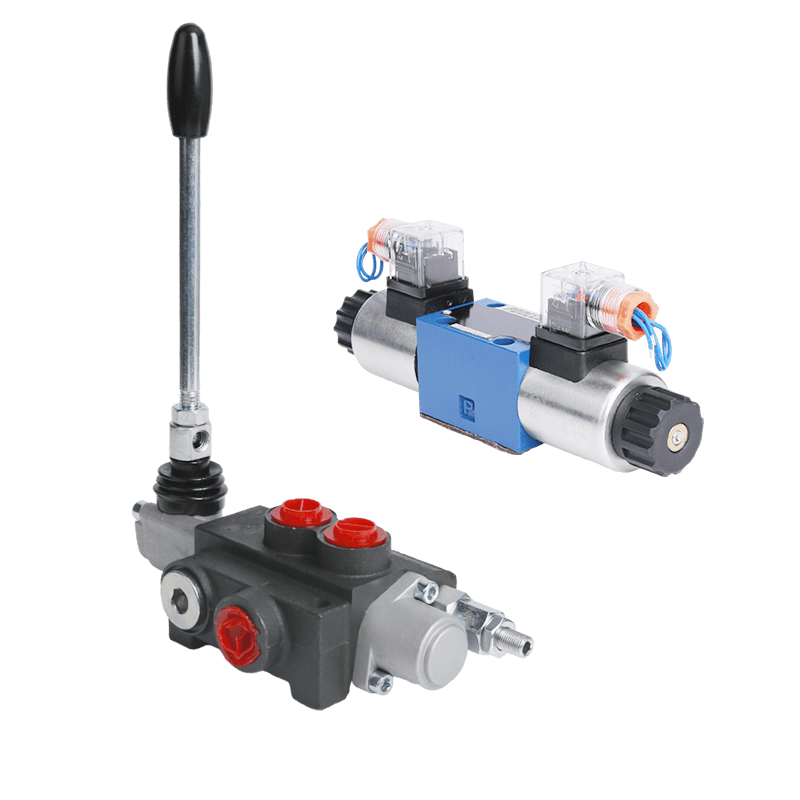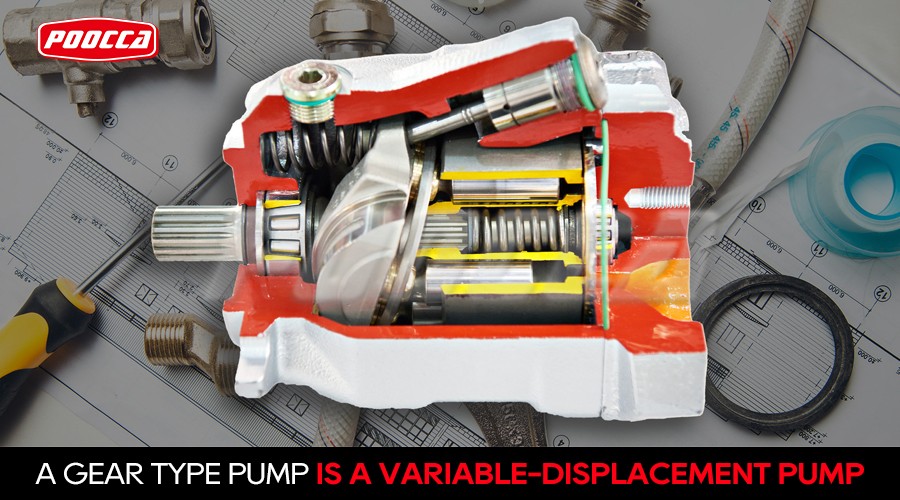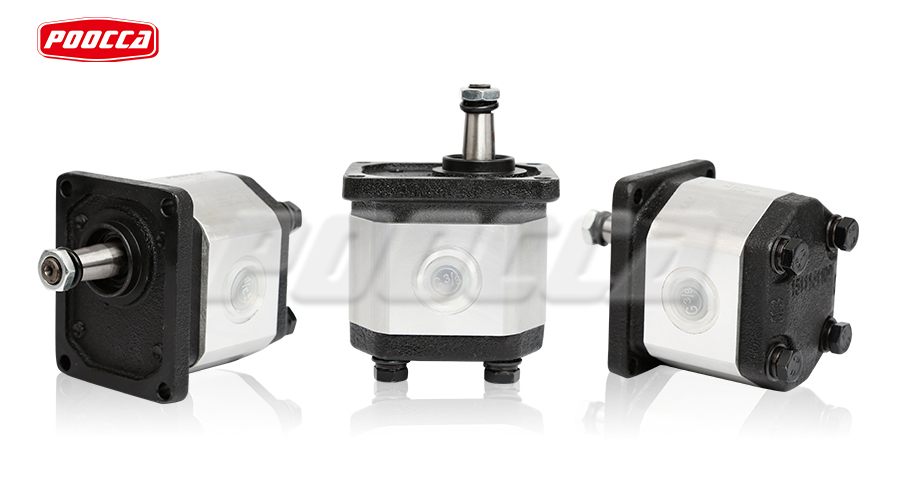Understanding Gear Pumps
Gear Pumps are a fundamental component in various industrial applications, recognized for their efficient performance and reliability. These pumps play a crucial role in systems where the precise handling of fluids is required, from automotive to chemical processing industries. By understanding the fundamental principles, types, and application areas of gear pumps, we can appreciate their significant impact on energy efficiency and emission reduction.
Fundamental Principles of Gear Pumps
At their core, gear pumps operate based on the meshing of gears to transfer fluids. The mechanism involves two gears rotating against each other, creating a void as they move, allowing the fluid to be drawn in. As the gears continue to rotate, the fluid is trapped between the teeth and transported to the discharge side. This efficient yet straightforward mechanism ensures a consistent flow rate, making gear pumps a reliable choice for various applications.
Types of Gear Pumps
Understanding the different types of gear pumps is essential to grasp their diverse functionalities and benefits. The two primary types are internal gear pumps and external gear pumps.
Internal Gear Pumps
Internal gear pumps are characterized by one gear rotating inside another. The larger, internal gear has teeth cut on the inside, while the smaller, pinion gear engages with these teeth. This design allows for smooth operation with low pulsation, making them suitable for handling viscous fluids and shear-sensitive materials. Internal gear pumps are commonly used in applications such as chemical processing, food production, and lubrication systems.
External Gear Pumps
In contrast, external gear pumps feature two identical gears that mesh externally. These gears rotate within a closely fitted housing, which aids in achieving a more rigid structure. External gear pumps are known for their high-pressure capabilities and versatility, making them ideal for various applications including hydraulic systems, fuel transfer, and water treatment plants. Their simple design also facilitates easy maintenance and extended operational life.
Application Areas of Gear Pumps
Gear pumps are utilized across a wide range of industries, each benefiting from the specific attributes of either internal or external designs. In the automotive industry, they are essential for lubrication and fuel injection systems. In chemical processing, they handle corrosive and viscous fluids with precision. The food and beverage industry employs gear pumps for transferring syrups, oils, and other high-viscosity products. Their adaptability and efficiency make gear pumps indispensable in both heavy-duty and delicate operations.
Energy Efficiency in Gear Pumps
Energy efficiency in gear pumps is paramount for reducing operational costs and minimizing environmental impact. Several factors affect the efficiency of gear pumps, from design and construction to fluid characteristics and operational parameters.
Factors Affecting the Efficiency of Gear Pumps
Design and Construction
The efficiency of a gear pump starts with its design and construction. High-quality materials and precision engineering ensure minimal friction and wear within the pump mechanism. Advanced designs may incorporate features like tight clearances and optimized gear profiles to reduce energy losses. Using robust materials also contributes to the longevity and reliability of the pumps, further enhancing their overall efficiency.
Fluid Viscosity
Fluid viscosity plays a significant role in the energy efficiency of gear pumps. Fluids with higher viscosity require more energy to move through the pump, reducing efficiency. Conversely, fluids with too low viscosity may not create a proper seal within the pump, causing slippage and inefficiency. Selecting the appropriate pump design and operating parameters for the specific fluid characteristics is crucial for achieving optimal efficiency.
Operating Pressure and Speed
The operating pressure and speed of gear pumps directly influence their efficiency. Higher operating pressures can lead to increased energy consumption due to the additional work required to move the fluid against resistance. Similarly, operating at excessively high speeds can induce wear and tear, leading to energy losses over time. Balancing these parameters to align with system requirements is essential for maintaining high efficiency and prolonging the pump’s lifespan.
Techniques for Enhancing Energy Efficiency
Advanced Materials and Coatings
One of the significant advancements in gear pump technology involves the use of advanced materials and coatings. Materials like stainless steel and specialized polymers reduce friction and wear, enhancing the pump’s overall efficiency. Coatings such as diamond-like carbon (DLC) further minimize frictional losses, prolong the life of the pump, and maintain performance under challenging conditions. These innovations are crucial in achieving higher energy efficiency and reducing maintenance needs.
Improved Pump Designs
Progress in pump design has led to more energy-efficient gear pumps. Modern designs focus on minimizing internal leakage and optimizing the geometry of the gears and housing. Features like helical gears, which provide a more continuous contact, reduce pressure pulsations and improve efficiency. Additionally, magnetic coupling and seal-less designs eliminate the need for traditional seals, reducing energy losses and leak risks. Continuous innovation in design is essential for meeting the growing demand for energy-efficient pumping solutions.
The Role of Gear Pumps in Energy Saving
Impact on Industrial Processes
Gear pumps play a pivotal role in enhancing the energy efficiency of industrial processes. By ensuring consistent and reliable fluid handling, these pumps help maintain optimal operating conditions, reducing energy wastage. In applications such as chemical processing and manufacturing, where precise fluid control is essential, gear pumps minimize energy consumption by operating efficiently under varied conditions. This improved efficiency directly translates to lower operational costs and reduced environmental impact.
Integration with Energy Management Systems
The integration of gear pumps with advanced energy management systems further enhances their contribution to energy saving. These systems monitor and optimize the performance of the pumps in real-time, adjusting operating parameters to maintain peak efficiency. Automated control systems can also schedule maintenance activities, preventing efficiency losses due to wear and tear. By leveraging data analytics and IoT (Internet of Things) technologies, gear pumps become a vital component of holistic energy-saving strategies in industrial settings.
Emission Reduction Benefits from Using Gear Pumps
Reduction in Carbon Footprint
The improved energy efficiency of gear pumps leads to significant reductions in carbon footprint. By consuming less energy, these pumps indirectly reduce the demand on power plants, many of which rely on fossil fuels. This reduction in energy consumption translates to lower greenhouse gas emissions, contributing to climate change mitigation efforts. Industries integrating high-efficiency gear pumps can achieve their sustainability targets more effectively while benefiting from lower energy costs.
Compliance with Environmental Regulations
Standards and Regulations (ISO, API)
Compliance with stringent environmental regulations is another critical advantage of using efficient gear pumps. Various standards, such as ISO 14001 for environmental management and the American Petroleum Institute (API) standards for petroleum and petrochemical industries, impose strict limits on emissions and energy consumption. Gear pumps designed for high efficiency and low leakage rates help industries meet these regulatory requirements, avoiding penalties and benefiting from positive market recognition.
Incentives and Penalties
Many governments and regulatory bodies offer incentives for adopting energy-efficient technologies, including advanced gear pumps. These incentives can take the form of tax breaks, grants, or rebates, making the transition to high-efficiency systems financially attractive. Conversely, failure to comply with environmental regulations can result in hefty fines and operational restrictions. By investing in efficient gear pump technology, companies can avoid these penalties and benefit from the financial incentives designed to promote sustainable practices.
Future Trends in Gear Pump Technology
Innovations in Pump Manufacturing
The future of gear pump technology is marked by continuous innovation in manufacturing processes. Advances in additive manufacturing (3D printing) enable the production of complex gear geometries and internal components with high precision, reducing material wastage and improving performance. Furthermore, developments in material science lead to the creation of new alloys and composites that enhance durability and efficiency. These innovations are poised to make gear pumps even more reliable and energy-efficient.
Smart Pumping Solutions
The advent of smart pumping solutions integrates gear pumps with digital technologies, providing real-time monitoring and control capabilities. Sensors embedded within the pumps can track parameters such as pressure, temperature, and vibration, transmitting this data to centralized control systems. Through artificial intelligence (AI) and machine learning algorithms, these systems can predict maintenance needs and optimize pump performance, ensuring sustained efficiency and reliability.
Predictions for the Industry
The gear pump industry is likely to see significant transformations driven by the global emphasis on sustainability and efficiency. Increased adoption of renewable energy sources and stringent environmental regulations will propel the demand for high-efficiency pumping solutions. Innovations in digitalization and materials science will further enhance the capabilities of gear pumps. As industries seek to optimize their operations and reduce emissions, gear pumps will continue to evolve, playing a pivotal role in achieving these goals.
Summary of Insights on Energy Efficiency and Emission Reduction
In conclusion, gear pumps are a cornerstone of industrial fluid handling, offering reliable and efficient performance. Understanding their fundamental principles, types, and application areas provides insight into their extensive utility across various industries. Factors such as design, fluid characteristics, and operating conditions significantly influence their efficiency. Advancements in materials, coatings, and designs have led to substantial improvements in energy efficiency, contributing to lower operational costs and reduced emissions.
Gear pumps play a crucial role in energy saving, particularly when integrated with modern energy management systems. Their efficient operation reduces carbon footprints and helps industries comply with environmental regulations, benefiting from associated incentives. Future trends point towards continuous innovation, with smart pumping solutions and advanced manufacturing techniques set to redefine the performance and efficiency of gear pumps. Overall, gear pumps are indispensable in the pursuit of energy efficiency and emission reduction, driving industrial sustainability forward.
POOCCA Gear Pumps have good performance and can meet customers’ needs.
POOCCA Hydraulics is a manufacturer of a wide range of gear pumps. Most of our gear pump products are in stock and come with a 12-month warranty. We are committed to providing customers with high-quality hydraulic gear pumps, covering a number of well-known brands, including Rexroth, Parker, Marzocchi, Shimadzu and Sunny.
Our advantages
Diverse products:
POOCCA Hydraulics offers a wide range of gear pumps to meet the needs of various industrial applications. Whether you need a high-pressure pump, a low-pressure pump or a medium-pressure pump, we can provide the corresponding solution.
Available from stock:
In order to ensure the production efficiency and project progress of our customers, most of our gear pump products are available from stock. Fast delivery reduces your waiting time.
Quality Assurance:
Poocca gear pump manufacturer products enjoy a 12-month quality assurance period to ensure your peace of mind and trust during use. If there are any quality problems, we provide prompt and effective after-sales service.
Brand Diversity:
We represent and supply a variety of well-known brands of gear pumps, including Rexroth, Parker, Marzocchi, Shimadzu and Sunny. These brands enjoy a high reputation in the hydraulic industry, ensuring product reliability and performance.
Contact Us
If you need high-quality hydraulic gear pumps, please feel free to contact us, a hydraulic pump manufacturer. POOCCA Hydraulics will meet your needs with a professional attitude and high-quality service.
POOCCA Hydraulics – your trusted hydraulic gear pump supplier.

